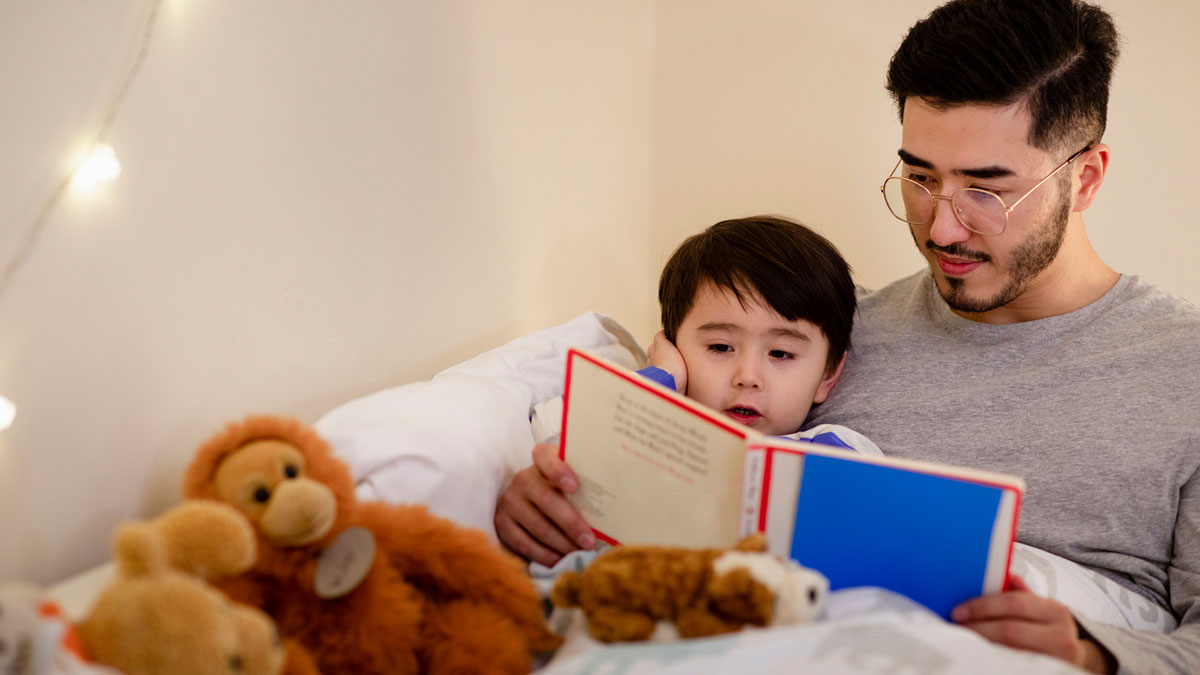Many families find bedtime to be a challenge for them and their children. Sleep problems can make infants and young children moody, short tempered and unable to engage well in interactions with others. Sleep problems can also impact learning. When a young child is sleeping, her body is busy developing new brain cells needed for her physical, mental and emotional development.
Here are a few proven tips for making bedtimes easier for parents and children:
- Develop a regular time for going to bed, and a regular time to wake up.
- Make sure your child has outside time and physical activity daily.
- Give your child your undivided and unrushed attention as you prepare her for bedtime.
- Develop a bedtime routine.
- Help your child understand the steps in the bedtime routine.
- Tell your child what might happen the next day when she wakes up.
- Carry a favorite transition object to bed (e.g., a teddy bear, a blankie, a book).
- Provide your child with calming, rest-inducing activities, sounds or objects in the routine.
- Say “good night” and leave the room.
- Avoid certain foods and drinks six hours before sleep.
- Reduce noise and distractions in and near her room.
- Reduce light in the room.
- Make sure your child is comfortable.

